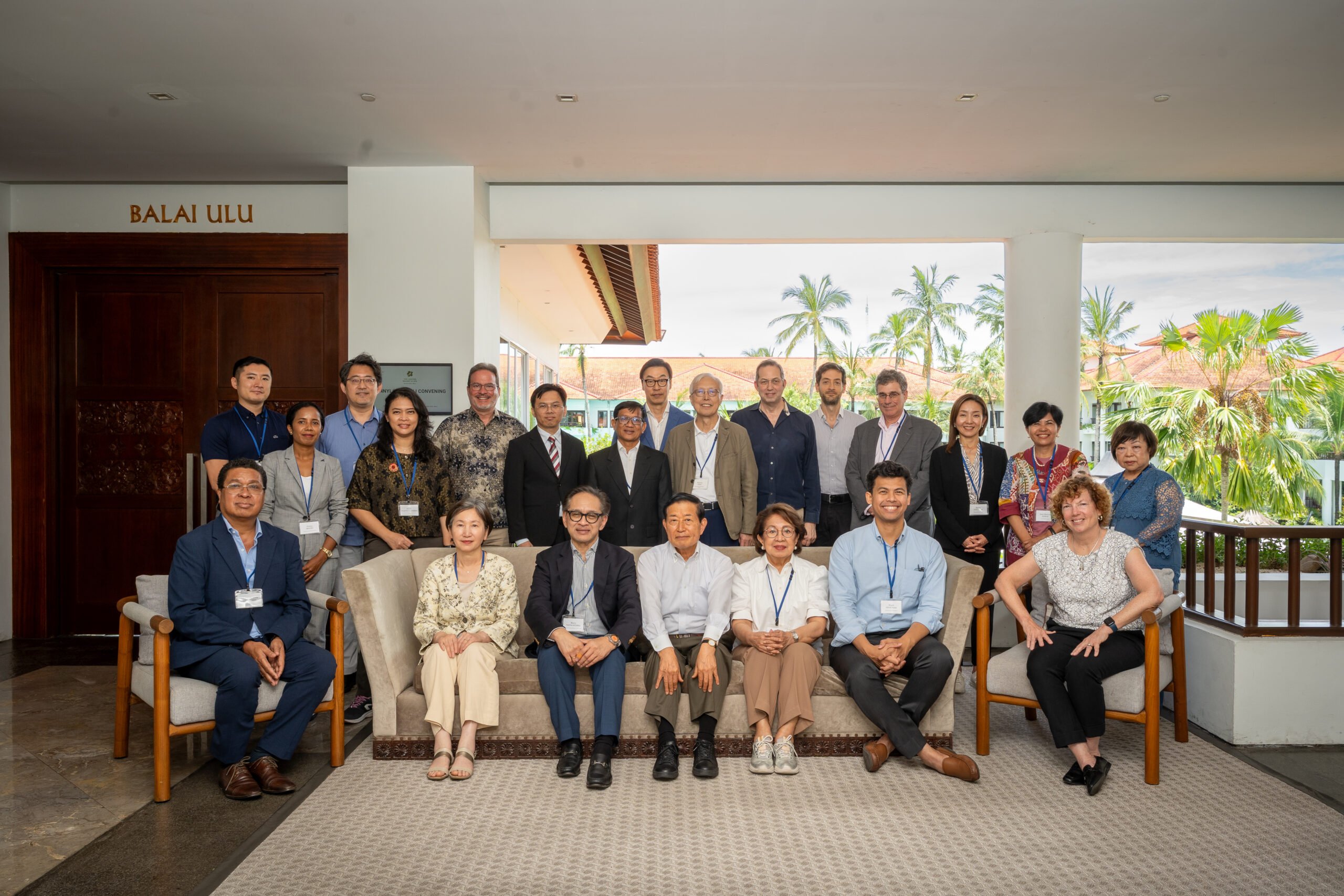Other Publications
Democracy and Human Rights Program
Legal Innovation Program
The Cold War in Asia After 1953
DateSeptember, 2024
Global Risk and Crisis Management Program
Can Military Power Maintain Peace? [in Japanese]
DateDecember, 2024
Democracy and Human Rights Program
Sunnylands Initiative Statement in Indonesia
DateFEBRUARY 25, 2025
Democracy and Human Rights Program
Political Culture, Democracy Support [in Japanese]
DateJanuary, 2025
Democracy and Human Rights Program
Democracy and Human Rights Program
Division and Chaos in the United States: Exacerbated by Other Countries [in Japanese]
DateNovember 10, 2024


